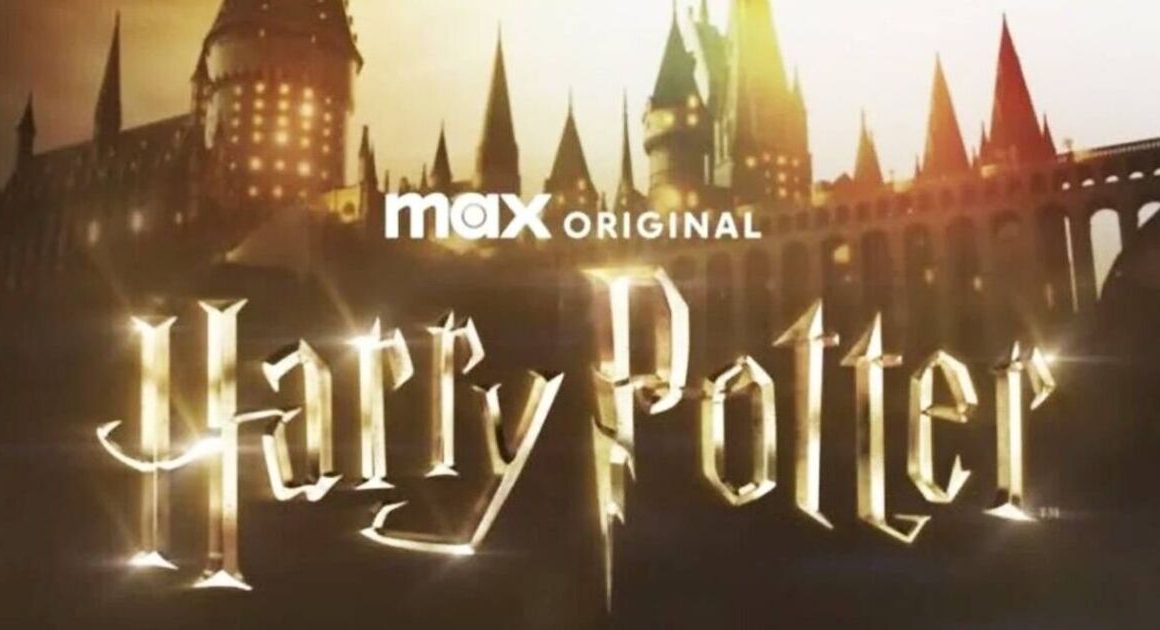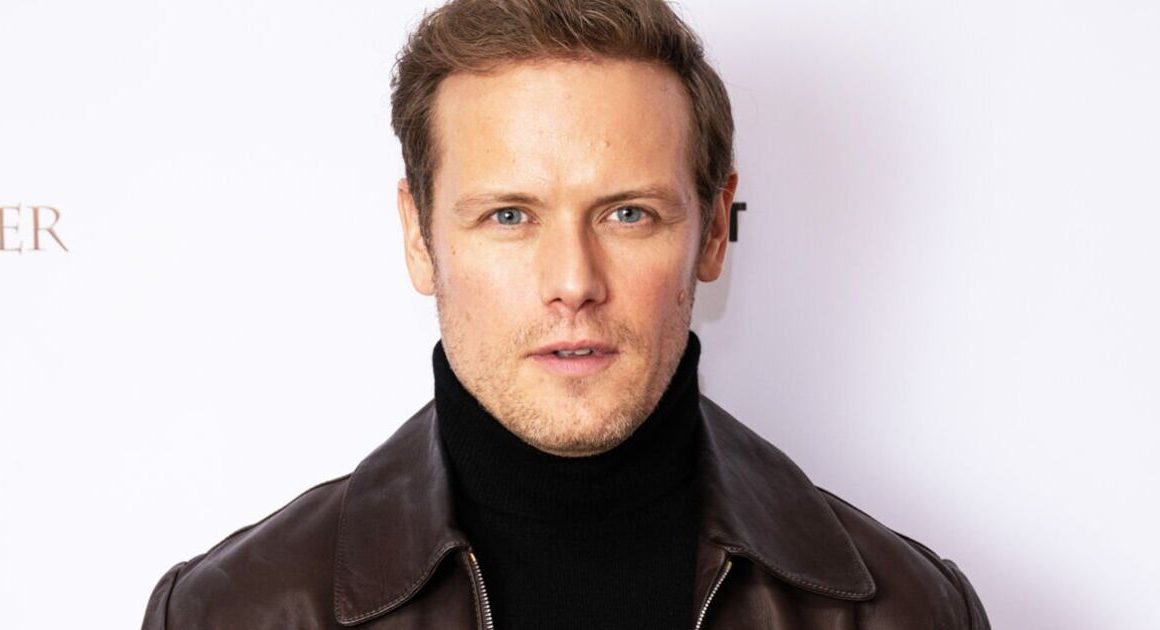When Joe Hill-Gibbins’ ENO production of Mozart’s Marriage of Figaro was first seen in 2020, it lasted for only one performance before Covid closed down all our theatres.
The reaction of the audience this time suggested that the five-year wait has been worth it.
The start did not look promising. As the overture began, the curtain rose to reveal a set that was nothing more than a white wall with four doors in it.
As the orchestra continued, members of the cast used these doors to wander in and out, but the occasional comic effect continued too long to be much more than a distraction from Mozart’s glorious music.
As the opera progressed, however, we came to realise that a cast with such musical ability and comic timing need nothing more than a wall and four doors to display their talent and the opera’s ludicrously funny plot.
British soprano Mary Bevan gave a perfect performance as Figaro’s bride Susanna.
With a glorious range of gestures and glances and some very funny dance moves, she took a firm grip of the proceedings, setting the tone of the comedy for the others to follow.
The Polish mezzo-soprano Hanna Hipp was equally outrageous in the role of the sex-crazed adolescent pageboy Cherubino, falling in love with every woman he encounters and keeping out of trouble by hiding behind all those doors.
The more serious role of Countess Almaviva was beautifully sung by British soprano Nardus Williams, leading to the only time after the overture when I felt that the sparse set was misused.
As Williams sang of her anguish at the Count’s infidelities and faded love, the stage became filled with loving couples emerging through the doors.
Instead of a glorious solo telling of the countess’s despair, the cluttered scene resembled a gooey Valentine’s day advert.
With British bass-baritone David Ireland as Figaro and American baritone Cody Quattlebaum as Count Almaviva in fine voice and energetic spirit, Hill-Gibbins’ production was impressive and entertaining.
The real star of the performance, however, was the translator Jeremy Sams.
As befits its name, the English National Opera always performs in English, but I have often felt dissatisfied with their translations.
All too often, the rhythms of both the language and the music are disrupted by a clumsy translation or the words do not seem natural.
Sams avoids these problems by not just translating the libretto but re-writing it to sound completely natural. Not only that, but he modernises it and enhances it by introducing plenty of jokes of his own.
The original libretto by Lorenzo da Ponte is a model of what a comic opera should be; Sams’ version is even better and delightfully suited to the present day.
Verdict: Four Stars
The Marriage of Figaro is playing at the London Coliseum until 22 February.
Box office: eno.org or 020 7845 9300












